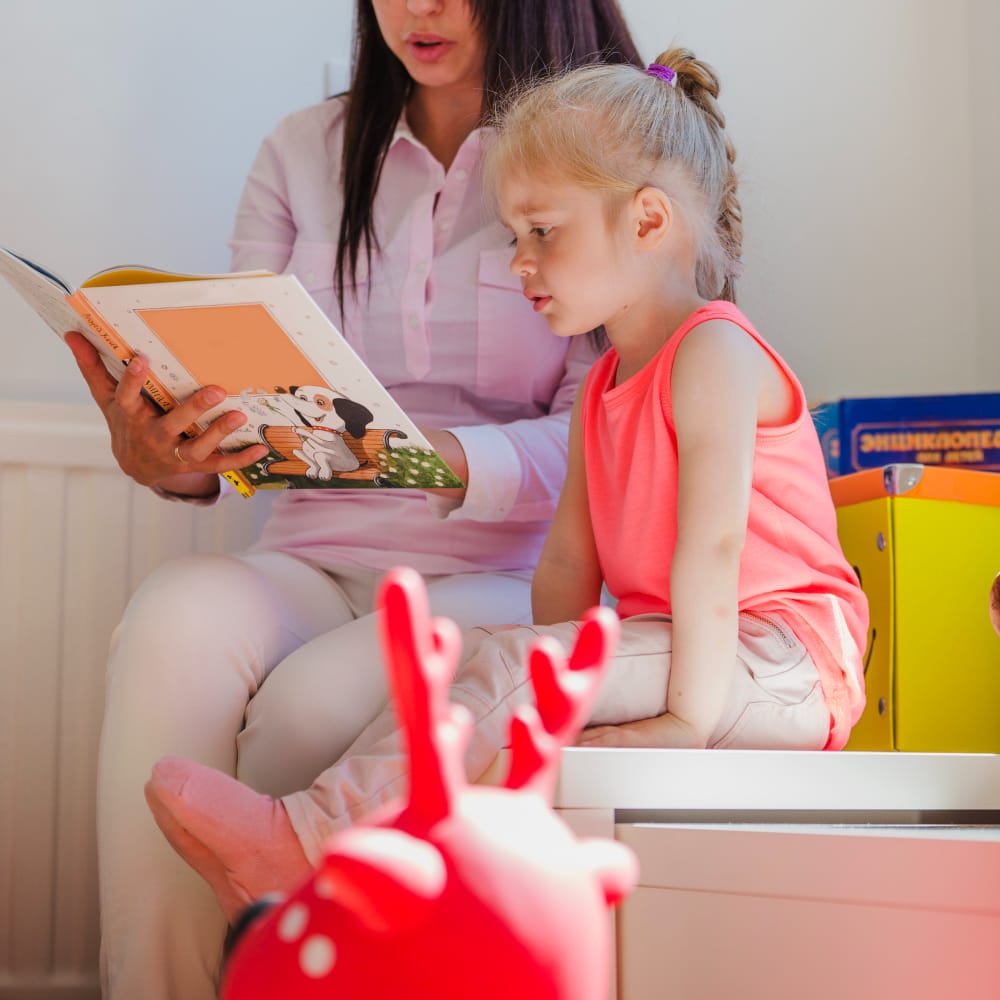 It’s almost a given that if you spent time in ten different homes, then you would see a variation in different parenting styles in each one of those ten domains, as well as at different times. However, authoritative or democratic parenting, which balances explicit demands with emotional awareness and respect of their child’s independence, is one of the most consistent family predictors of competence from early childhood through adolescence.
It’s almost a given that if you spent time in ten different homes, then you would see a variation in different parenting styles in each one of those ten domains, as well as at different times. However, authoritative or democratic parenting, which balances explicit demands with emotional awareness and respect of their child’s independence, is one of the most consistent family predictors of competence from early childhood through adolescence.
So what tips can parents use to move more towards a democratic parenting style?
- It’s a good idea to begin with nurturing your child’s self-esteem. Parents’ actions and words affect self-esteem so it is important to praise accomplishments, no matter how small and allow your children to do things independently in order to make them feel capable and strong.
- Avoid statements that are hurtful and cause emotional damage, such as, “That is really stupid!” or “you are being pathetic and acting like a baby!” Let your children know that everyone makes mistakes and that you still love them, even when you are not happy about their behaviour.
- Start looking for the good that they do and comment on it. So many small things are ignored every day as parents’ focus on the bad behaviours. Better parenting requires that you make a point of finding something to compliment every day and that you are generous with physical rewards, such as time with you, your love, hugs, and compliments.
- Set boundaries and be consistent with your children. Every house needs to have some rules or guidelines for children to follow, while allowing the children to make choices for themselves and deal with the consequences. Children are bound to push the boundaries that are set and that’s when you need to be consistent in how you deal with them. Do not allow something today that is not allowed tomorrow, as this causes confusion and a lack of belief in you as the parent. It is useful to have a discipline strategy in place, such as one warning, followed by consequences such as a “time out” or loss of privileges.
- Spend time with your children. Children who do not get attention from their parents often act out or misbehave as this is a way to be noticed. Try scheduling time with your children and create a family night once a week. Find small ways to connect with your child such as a note in their lunchbox, a special treat they enjoy, stop for a quick milkshake on the way home, make and eat a bowl of popcorn together, play a game of cards, etc. Make sure they have the opportunity for your undivided attention, especially adolescents. Get involved in the things that are important to them and be available to talk when they need you.
- Be a good role model and demonstrate the behaviours you want to see your children develop, such as, respect, friendliness, honesty, kindness, tolerance, etc. Do things for other people without expecting a reward and remember to express thanks and offer compliments. This all goes back to the principle of treat others as you wish to be treated.
- Give children explanations for your decisions as, realistically, you can’t expect children to do everything you say, just because you are the adult or parent. Parents who reason with their children allow them to understand and learn in a nonjudgmental way.
- Be flexible as a parent as different situations will warrant different approaches and solutions, particularly as your children get older, so what works with your child now probably won’t work as well in a year or two. Teenagers tend to look less to their parents and more to their peers as role models but it is really important that you continue to provide guidance, encouragement and appropriate discipline as your teen becomes more independent.
- Give your children unconditional love so that even when you are disciplining them they realise that you love them even if you expect better next time




